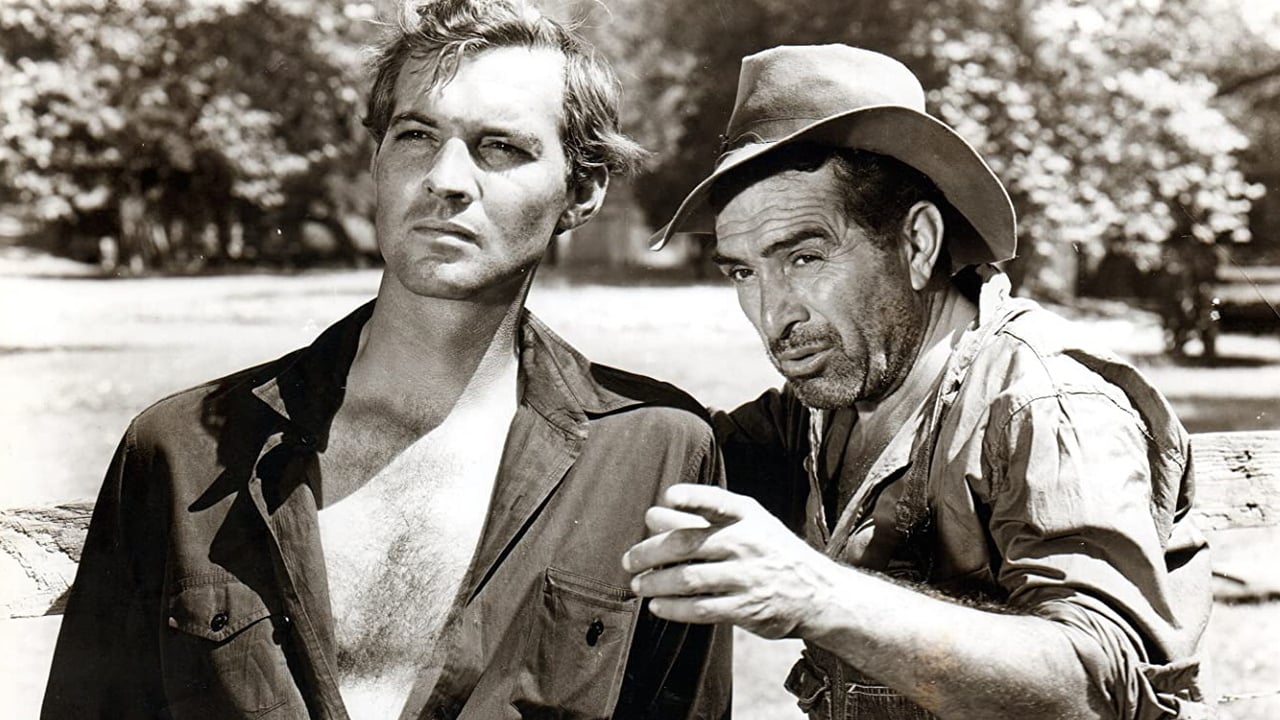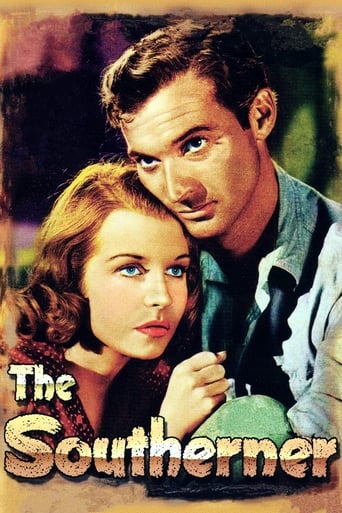



terrible... so disappointed.
There are moments that feel comical, some horrific, and some downright inspiring but the tonal shifts hardly matter as the end results come to a film that's perfect for this time.
View MoreOne of those movie experiences that is so good it makes you realize you've been grading everything else on a curve.
View MoreThis is a small, humorous movie in some ways, but it has a huge heart. What a nice experience.
View MoreGood movie to make the point of hard work, luck, breaks, and how to never give-up. It all stresses to be grateful for what you do have. This is a raw non-negotiable movie meaning this happens and is happening all over the world. One wonders how billionaires can be numb to this. The people in this movie would have made good use with a warm coat, blanket and some food for the hard times. How much could that cost anyone? It is wise to tend to our own affairs but if we find ourselves doing well enough, lend an eye and an ear to your neighbors welfare. Remember no one got to where they are without the help of others. This could be......
View MoreA marvelous slice of life film from, of all people, Jean Renoir, most known for movies set far away from America's heartland, like "The Rules of the Game" and "Grand Illusion."Zachary Scott and Betty Field deliver wonderful performances as a husband and wife who decide to make a go of farming their own plot of land rather than work for anyone. The movie is a chronicle of the hardships that face farmers, and a tribute to a certain kind of modest heroism that is willing to put up with all manner of strife to plow doggedly ahead. Neither the film nor Scott's performance make a martyr of the farmer, or even necessarily ask us to agree with him. Some people are cut out to be farmers and some aren't, the movie suggests, but it doesn't attach a value statement to that. Rather, it presents farmers as people who have to make a living just like anybody, and would rather do so by working the land than anything else.Some dramatic conflict is brought into the picture through a character played by J. Carroll Naish, a neighbor who makes trouble, but most of it comes from natural elements -- sickness, storms, flooding. It's a modest movie with modest ambitions that makes a big impact.Also featuring Beulah Bondi as an irascible grandmother, whose broad shtick wears thin fast and feels at odds with the rest of the movie."The Southerner" brought Renoir his only Academy Award nomination for Best Director, and it was also nominated in the categories of Best Dramatic or Comedy Score and Best Sound Recording, not especially meaningful recognition since the Scoring category had 21 nominees that year and the Sound Recording category 12.Grade: A
View MoreWhen the novel "Hold Autumn in Your Hand" was retitled "The Southerner" for its screen adaptation, I wonder why it was not titled "The Southerners". The story is about a close-knit family that goes from cotton picking to sharecropping cotton as a significant step toward their dream of independence and self-determination. Yes, it is the father, Sam Tucker (Zachary Scott), who conceives of and is obsessed with the dream, but the entire family is along for the ride and his wife, Nona Tucker (Betty Field), is certainly a full partner in the enterprise.The film, directed by Jean Renoir, was nominated for three Oscars, including Best Film and Best Score, but it feels very uneven and the seams sometimes show.The score, though it may be impressively dramatic, often feels out of place or overpowering. Some visual effects are too noticeable. Voice overs--sometimes using the voice of a character that is standing just off camera--are annoying.The entire first hour documents the couples' hardships with such unflagging depression that the only relief is the somewhat comic whining of Granny Tucker (Beulah Bondi) even though she is part of their burdens.After the first hour, the action is more interesting, but the story jumps around. Still, some of the acting is good and the final resolution is satisfying even if the viewer might be wondering what the long-term fate of the family will be.Zachary Scott inhabits the titular role. And Betty Field is interesting as the wife who really tries to stand by her man. Ten years later, Ms. Field will return to the big screen--after a part in "The Great Gatsby" that would garner mixed reviews, the birth of her third child, and numerous jobs on television and the stage--to a more mature role as the mother in "Picnic". In that film, we can see a masterful ownership of her role, with subtlety and awareness."The Southerner" is worth seeing if the first hour does not sap your emotions.
View MoreThis is probably the most celebrated work to come out of Renoir's time in the U.S.A. It does, indeed, feel like vintage Renoir. That such an "American" tale could feel so unmistakably the work of its auteur demonstrates that Renoir's "truths" were, indeed, universal. It's fascinating to compare and contrast the ways in which Renoir approaches this subject matter compared to those of John Ford, who attended to similar themes with the "Grapes of Wrath." It also reminds one that the "look"s of Renoir and Ford were not actually so different- the compositional takes of the landscapes and the deep-focus have definite correlations. But to compare this with "Grapes of Wrath" also reinforces that there is so much more to autuerism than simply visual style, for the films feel nothing alike. The sense of time, which transcends simply the materiality of editing (both director's oeuvres were characterized by slow editing rhythms) is so different. Ford makes "points". Renoir has "observations". Another, more specific difference. Renoir refuses to sentimentalize, at least in the vulgar way that sometimes characterizes Ford's films. The protagonists grand-mother is a whiny parasitic creature. Ford would have made all involved "love Granny deep down" and have made Granny, in the last instance, lovable. In Renoir's hands, Granny is just an embittered, misanthropic wretch. Yet, Renoir is much more the humanist than is Ford. Ford's "bad people" (often Native Americans) were just "bad." For Renoir, someone like Granny has been made wretched by suffering. I'll admit that Renoir's humanism is sometimes a bit too abiding for my taste. The only false-note in "The Southerner" is when a truly wretched, hateful man keeps his promise when he has no reason to do so. There's one scene in this film that I think is unforgettable. The protagonist meets his friend in a bar. They have a debate about two different visions of capitalism (the end, to my chagrin, declares these versions as "beautifully compatible"), the bartender rips off the friend, and a scene from silent comedy ensues in this, a sound film from 1945.
View More